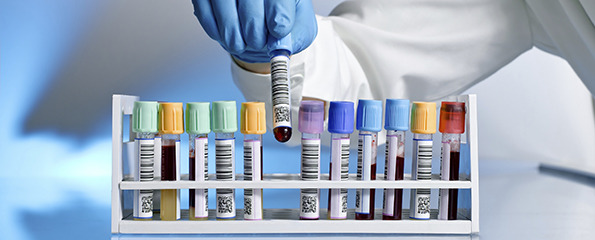December 1, 2023
In
Eleanor Clinic
Do you have experience in reception or administration and are looking for casual or part time work? If you also happen to be a friendly and courteous person who enjoys interacting with our fabulous patients then you most definitely need to read on!
Because we bet you’d also appreciate working as part of our tight and friendly team, knowing you always have support. We all thrive by doing right for our patients and supporting each other’s work. And, in all modesty: it shows! We enjoy our work and working together.
If you think you’d be the right fit, or know someone who would: please get in touch! Come and see whether we’re all words or whether working could really be something different.
Please give Georgi or Meaghan a call on 03 9318 4666 for an initial chat – or email us at reception@eleanorclinic.com.au with a little bit about yourself and why you think you and us would be a good fit!






